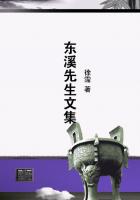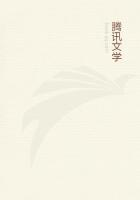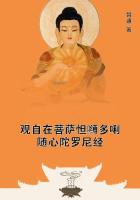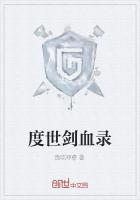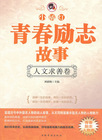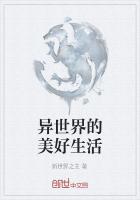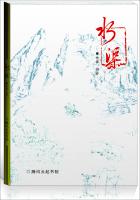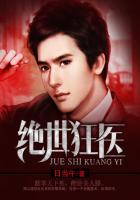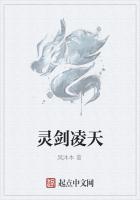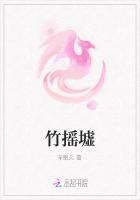Raskolnikoff distributed these, together with the purse, about his person, in order to make them less noticeable, and quitted the room again. All the time he had left the door wide open. He went away hurriedly, fearing pursuit. Perhaps in a few minutes orders would be issued to hunt him down, so he must hide all traces of his theft at once; and he would do so while he had strength and reason left him. But where should he go?
This had been long decided. Throw the lot in the canal and the matter would be at an end! So he had resolved in that night of delirium, when he cried out, "Quick, quick! throw all away!" But this was not so easy. He wandered to the quays of the Catherine Canal, and lingered there for half an hour. Here a washing raft lay where he had thought of sinking his spoil, or there boats were moored, and everywhere people swarmed. Then, again, would the cases sink? Would they not rather float? No, this would not do.
He would go to the Neva; there would be fewer people there and more room, and it would be more convenient. He recognized that he had been wandering about for fully half an hour, and in dangerous places. He must make haste. He made his way to the river, but soon came to another standstill. Why in the Neva? Why in the water at all? Better some solitary place in a wood, or under some bushes. Dig a hole and bury them! He felt he was not in a condition to deliberate clearly and soundly, but this idea appeared the best.
This idea also, however, was not destined to be realized, and another took its place. As he passed the V---- Prospect, he suddenly noticed on the left an entrance into a court, which was surrounded entirely by high walls. On the right, a long way up the court, rose the side of a huge four-storied building. To the left, parallel with the walls of the house, and commencing immediately at the gate, there ran a wooden hoarding of about twenty paces down the court. Then came a space where a lot of rubbish was deposited;while farther down, at the bottom of the court, was a shed, apparently part of some workshop, possibly that of a carpenter or coach builder. Everything appeared as black as coal dust. Here was the very place, he thought; and, after looking round, went up the court. Behind the door he espied a large unworked stone, weighing about fifty pounds, which lay close up against the hoarding. No one could see him where he stood; he was entirely free from observation. He bent down to the stone, managed to turn it over after considerable effort, and found underneath a small cavity. He threw in the cases, and then the purse on the top of all. The stone was not perceptibly higher when he had replaced it, and little traces of its having been moved could be noticed. So he pressed some earth against the edges with his foot, and made off.
He laughed for joy when again in the street. All traces were gone, and who would think of looking there? And if they were found who would suspect him? All proofs were gone, and he laughed again.
Yes, he recollected afterwards how he laughed--a long, nervous, lingering laugh, lasting all the time he was in that street.
He reached home toward evening, perhaps at about eight o'clock--how, and by what particular way he never recollected--but, speedily undressing, he lay down on the couch, trembling like a beaten horse, and, drawing his overcoat over him, he fell immediately into a deep sleep. He awoke in a high fever and delirious. Some days later he came to himself, rose and went out. It was eight o'clock, and the sun had disappeared. The heat was as intolerable as before, but he inhaled the dusty, fetid, infected town air with greediness. And now his head began to spin round, and a wild expression of energy crept into his inflamed eyes and pale, meager, wan face. He did not know, did not even think, what he was going to do; he only knew that all was to be finished "to-day," at one blow, immediately, or he would never return home, because he had no desire to live thus. How to finish? By what means? No matter how, and he did not want to think. He drove away any thoughts which disturbed him, and only clung to the necessity of ending all, "no matter how," said he, with desperate self-confidence and decision. By force of habit he took his old walk, and set out in the direction of the Haymarket. Farther on, he came on a young man who was grinding some very feeling ballads upon a barrel organ.
Near the man, on the footpath, was a young girl of about fifteen years of age, fashionably dressed, with crinoline, mantle, and gloves, and a straw hat trimmed with gaudy feathers, but all old and terribly worn out, who, in a loud and cracked though not altogether unpleasing voice, was singing before a shop in expectation of a couple of kopecks. Raskolnikoff stopped and joined one or two listeners, took out a five-kopeck piece, and gave it to the girl. The latter at once stopped on a very high note which she had just reached, and cried to the man, "Come along," and both immediately moved on to another place.
"Do you like street music?" said Raskolnikoff to a middle-aged man standing near him. The latter looked at him in surprise, but smiled. "I love it," continued Raskolnikoff, "especially when they sing to the organ on a cold, dark, gray winter's evening, when all the passers-by seem to have pale, green, sickly-looking faces--when the snow is falling like a sleet, straight down and with no wind, you know, and while the lamps shine on it all.""I don't know. Excuse me," said the man, frightened at the question and Raskolnikoff's strange appearance, and hastily withdrawing to the other side of the street.
Raskolnikoff went on, and came to the place in the Hay-market where he had met the trader and his wife and Elizabeth. No one was there at the moment. He stopped, and turned to a young fellow, in a red shirt, who was gaping at the entrance to a flour shop.
"A man trades here at this corner, with his wife, eh?""Everyone trades here," replied the lad, scanning his questioner from head to foot.
"What is he called?"
"What he was christened."

